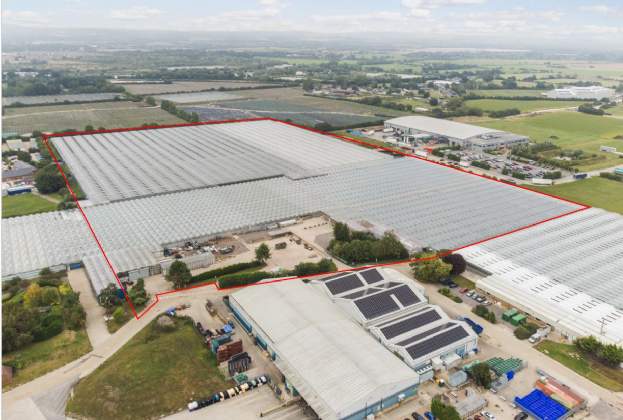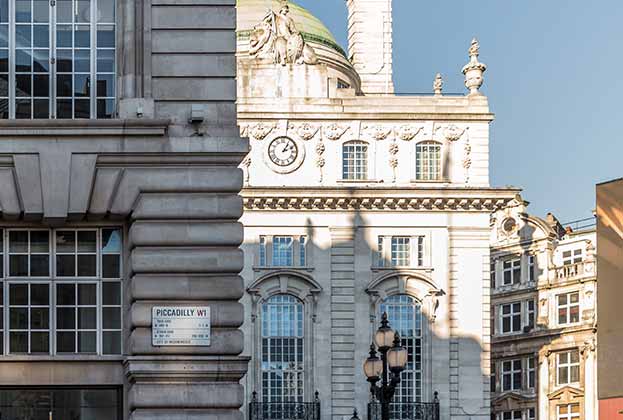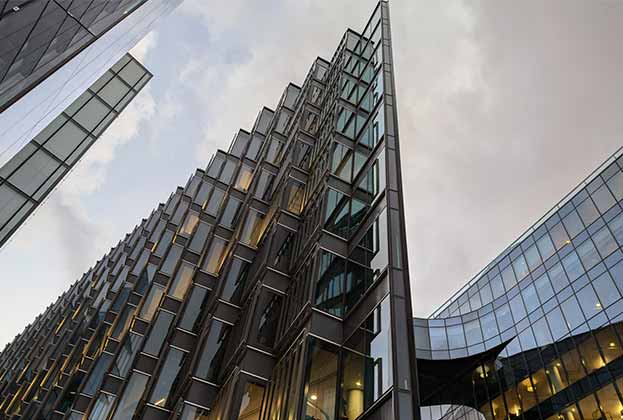The rolling greens and great views, not to mention the 19th hole (otherwise known as the clubhouse), all help to make golf a popular sport. The British Golf Industry Association estimates that around four million people play in the UK and recently golf courses have been experiencing a boost in popularity from investors.
The 2016 market was driven by strong demand from both domestic and overseas buyers. However, the lack of stock available has meant that there was some frustration around the imbalance between supply and demand. Owners of courses that are performing well are not tempted to sell unless there are other drivers such as retirement or consolidation. Developers have also been targeting out-of-town golf courses in off-market transactions with an eye to create a residential offering. For example, the Royal Norwich Golf Club is set to move to a new site in order to enable new housing to be constructed on its current location.
There has been strong demand for larger assets as these offer increased development opportunities. These properties can enhance their offering through the creation of gyms or leisure facilities or by adding a restaurant or event space for weddings or private parties. However, this can be a double edged sword with the ‘club’ concept fading from prominence and players visiting with the sole aim of having a round of golf and leaving.
Golf itself takes a long time to master and the average player is getting older, with the clichés of retirement involving lots of time on the course ringing true. This has led to an increase in a ‘fee payer’ approach from players who prefer to pay as they play and polish their skills in their leisure time rather than join a club for a set annual fee. The downside is that these players are more susceptible to weather, family and work commitments than a seasoned golfer who plays at the same time every week, leaving a question mark hanging over a guaranteed regular income for golf courses.
There is no clear indicator on how the wider investment market will fare in the long term, particularly in the face of the UK’s vote to leave the EU, with every commentator having their own opinion. However, golf courses will always remain a substantial land asset and are likely to continue to be sound long-term investments whatever the future holds.
Further information
.jpg)
.jpg)







.jpg)
